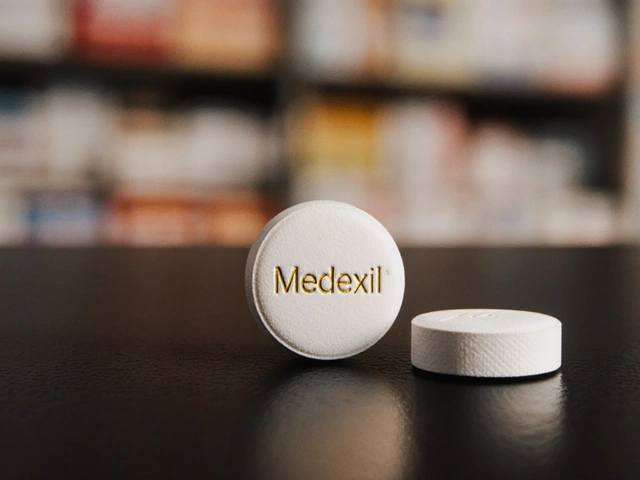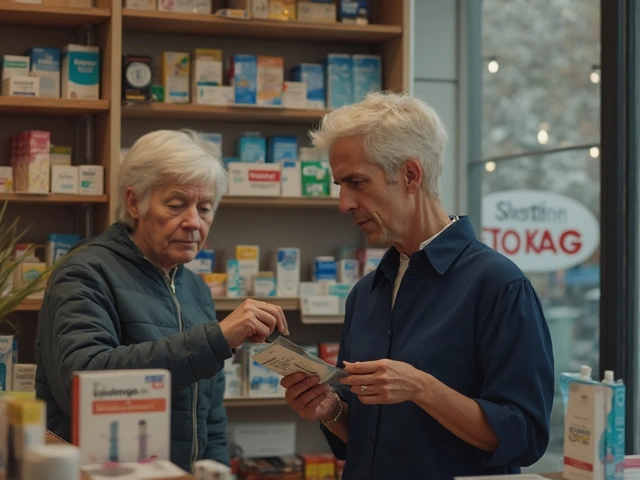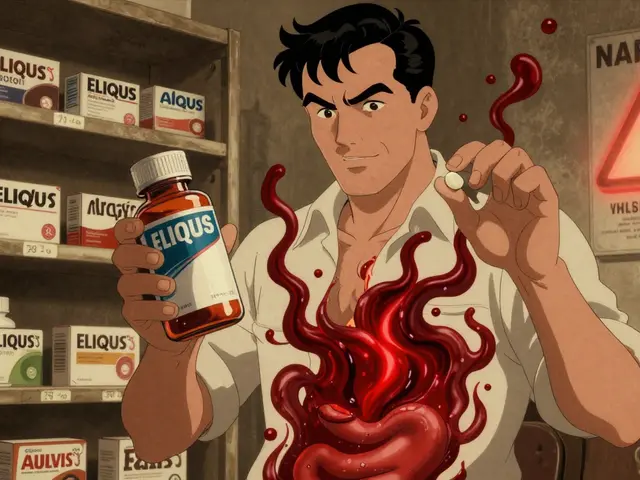Cognitive Function: Practical Ways to Keep Your Brain Sharp
Forgetfulness happens to everyone, but small changes can protect thinking, focus, and memory. This page gives clear, practical steps you can try today, plus signs that mean it's time to see a doctor.
First, know what "cognitive function" covers: attention, memory, language, problem solving, and planning. Some decline is normal with age, but sudden or progressive trouble is not. Look for real-life red flags — repeating questions, getting lost on familiar routes, or trouble managing money.
Daily habits that actually help
Sleep matters. Aim for 7–9 hours of consistent sleep. Poor sleep reduces memory consolidation and slows thinking the next day. If you snore, feel tired, or wake gasping, ask your doctor about sleep apnea.
Move your body. Aim for 150 minutes of moderate activity weekly plus two sessions of strength training. Exercise raises blood flow to the brain and helps form new brain connections. Even brisk walking 30 minutes five days a week makes a difference.
Eat smart. A Mediterranean-style diet — plenty of vegetables, whole grains, fish, nuts, and olive oil — links to better thinking in older adults. Cut processed foods and excess sugar. Keep hydration up; mild dehydration causes brain fog fast.
Keep your heart healthy. High blood pressure, diabetes, and high cholesterol raise the risk of cognitive decline. Managing these conditions through meds, diet, and exercise protects your brain.
Training, supplements, and medical checks
Challenge your brain. Do things that force you to learn and adapt: pick up a language, play an instrument, do strategy games, or learn a new skill. Social interaction also sharpens thinking — join a class, volunteer, or meet friends regularly.
Check basic labs if you have cognitive changes. Low B12, abnormal thyroid tests, vitamin D deficiency, and electrolyte problems can cause reversible thinking issues. Talk to your doctor about testing before starting any supplements.
Some supplements and nutrients show modest support: omega-3s, B12 (if deficient), and vitamin D. Avoid expensive or aggressive remedies without good evidence. Always discuss with your clinician, especially if you take blood thinners or other meds.
Know when to get professional help. See a doctor if memory problems interfere with daily life, if changes happen rapidly, or if you experience confusion, new trouble speaking, or unsteady walking. Primary care doctors can run cognitive screens (like MMSE or MoCA), order tests, and refer you to specialists.
Medications exist for specific conditions such as Alzheimer’s disease, but they’re used after evaluation. Don’t self-diagnose or start prescription drugs without a clinician's guidance.
Small, consistent steps add up. Better sleep, regular exercise, a heart-healthy diet, social connections, and medical checks if something feels off will protect your thinking long term. If you want, check Apostrophe Pharma Guide for practical articles on related meds, tests, and treatments to help you take the next step.
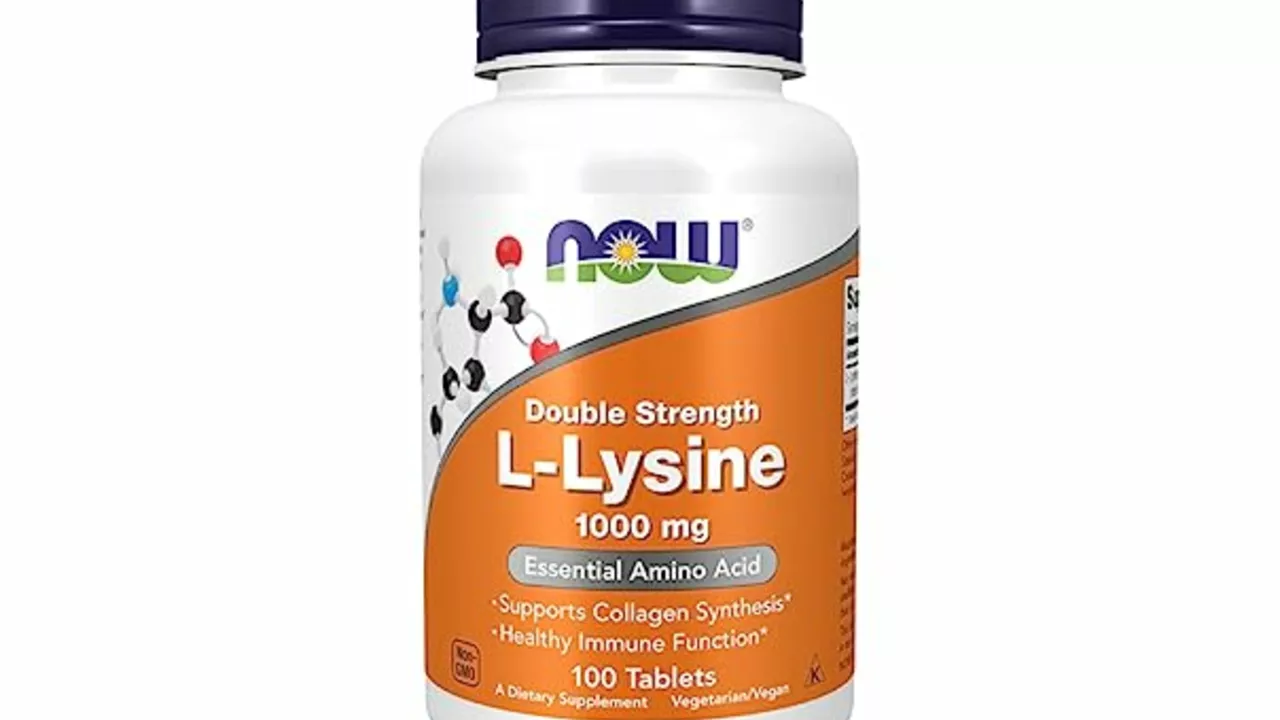
Boost Your Cognitive Function with the Power of Gamma-aminobutyric Acid
In my latest blog post, I delve into how gamma-aminobutyric acid, or GABA, can enhance cognitive function. GABA is an important neurotransmitter that helps to reduce anxiety, improve mood, and promote restful sleep, all of which indirectly contribute to better cognitive health. It also plays a direct role in our brain's cognitive processes, such as memory and concentration. Incorporating GABA-rich foods or supplements into your diet can potentially offer a natural way to boost brain power. So, if you're keen on improving your mental acuity, don't miss this informative read.
Read More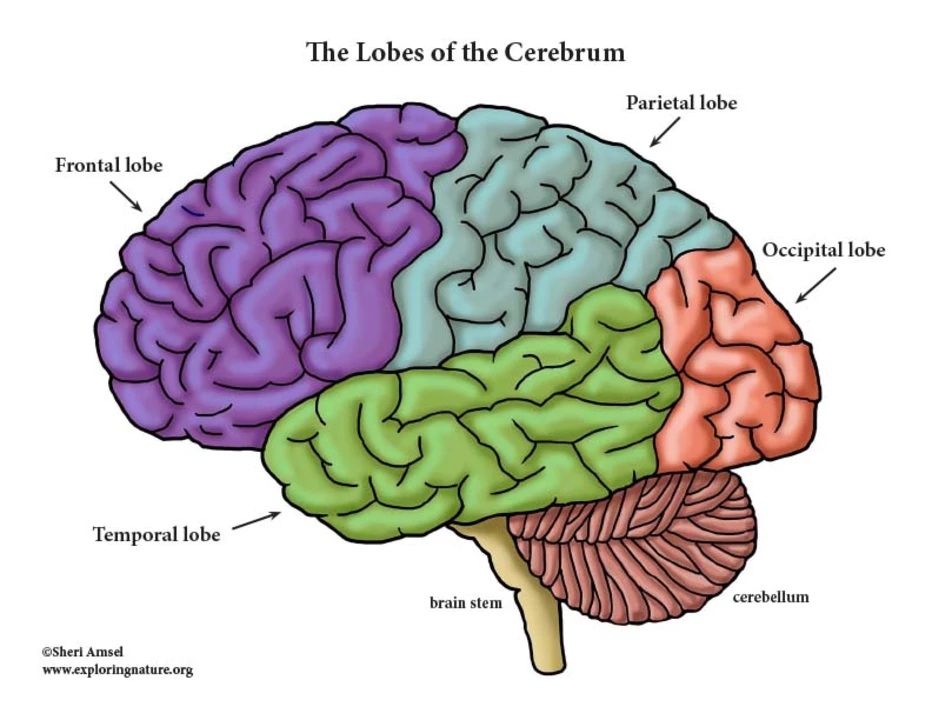
The impact of nimodipine on cognitive function in the elderly
I recently came across a fascinating study about the impact of nimodipine on cognitive function in the elderly. It turns out that this calcium channel blocker, commonly used to treat high blood pressure, may also have some positive effects on our brain health as we age. The research suggests that nimodipine could potentially improve memory, focus, and overall cognitive function in older adults. While more studies are needed to confirm these findings, it's exciting to think that a medication typically prescribed for one purpose might also help keep our minds sharp as we grow older. I'll definitely be keeping an eye on future developments in this area!
Read More
